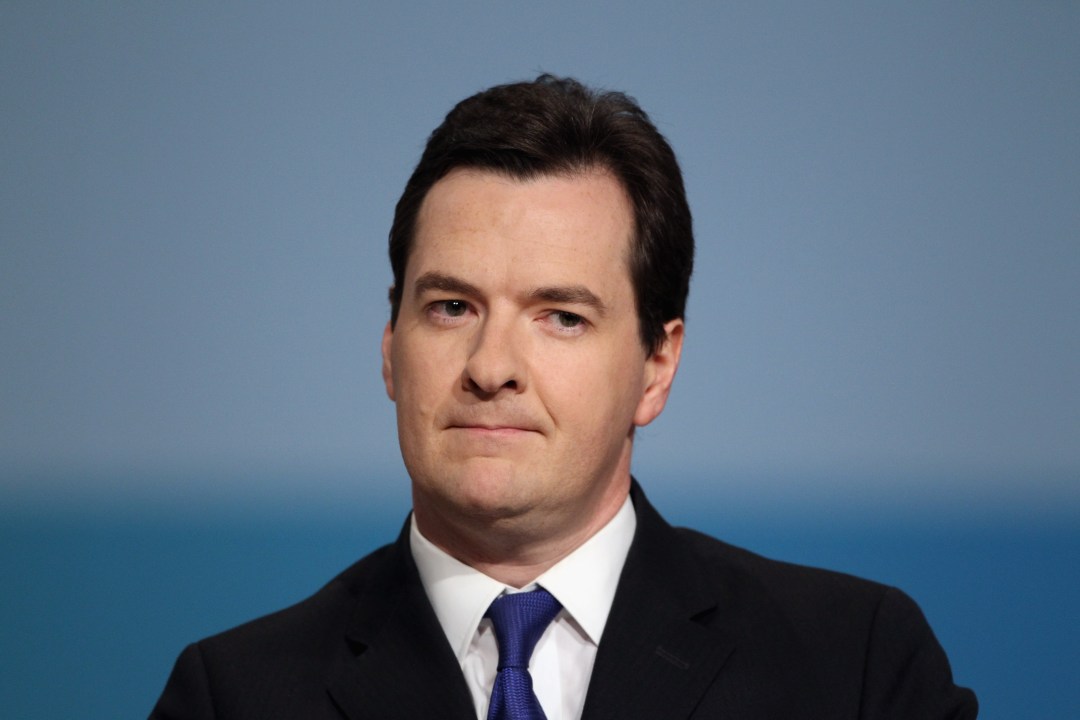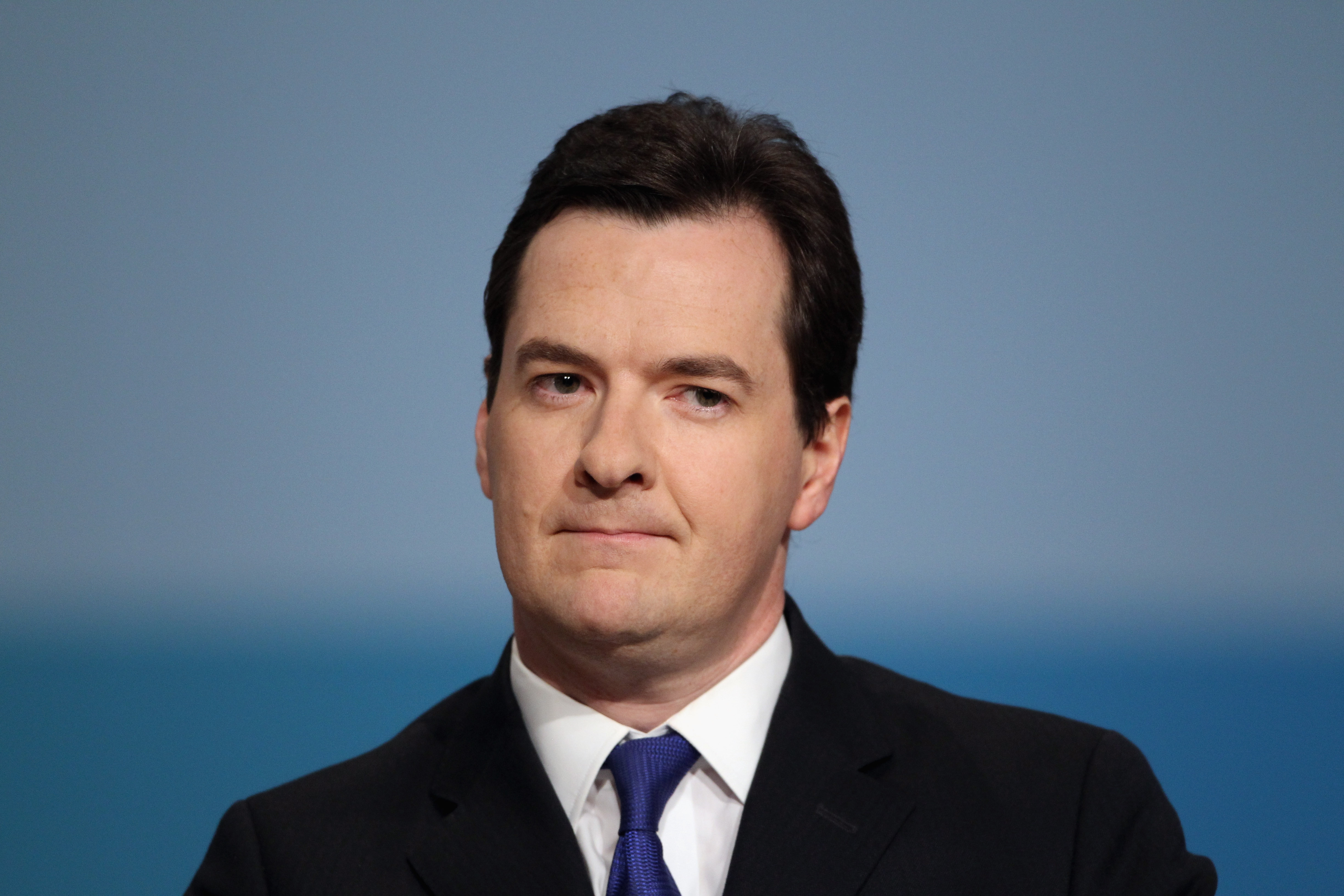 Ne’er mistake correlation with cause, I know. But, during the Brown premiership,
the correlation between petrol prices and poll ratings was still pretty striking. Mike Smithson graphed it early last year, but the basic story was this: the Tories enjoyed their
biggest poll lead over Labour when petrol prices were at their highest, and Labour closed the gap to only 1 percent when petrol prices were at their lowest. At the very least, it gives us a
hypothesis to work from: prices up, the government suffers; prices down, the government recovers. And it looks as though we’ll be able to test that hypothesis soon enough. Today’s
Express reports that – thanks to rising VAT, fuel duty
and oil prices – petrol may soon soar to £1.40 a litre.
Ne’er mistake correlation with cause, I know. But, during the Brown premiership,
the correlation between petrol prices and poll ratings was still pretty striking. Mike Smithson graphed it early last year, but the basic story was this: the Tories enjoyed their
biggest poll lead over Labour when petrol prices were at their highest, and Labour closed the gap to only 1 percent when petrol prices were at their lowest. At the very least, it gives us a
hypothesis to work from: prices up, the government suffers; prices down, the government recovers. And it looks as though we’ll be able to test that hypothesis soon enough. Today’s
Express reports that – thanks to rising VAT, fuel duty
and oil prices – petrol may soon soar to £1.40 a litre.
It all keys into an argument that Allister Heath made in The Spectator last October: that the rising cost of living
could do for the coalition. While Westminster’s attention has been focused, laser-like, on the spending cuts, everyday costs have inflated ever upwards. As Allister put it:
True, as the piece goes on to observe, none of that is strictly George Osborne’s fault – but the government is the most likely target for any backlash. Rising petrol prices have already been linked, and rightly so, with the VAT hike. The worry for Osborne is that everything else is bundled into the same sack.“Dip into the official inflation figures and you find that the average orange cost 33p last month, a third higher than last year. The average pack of butter was £1.22, up 22p in a year. Salmon fillets are up 25 per cent in a year. Cauliflower: 91p, up 15 per cent. Even a kilo of onions is now 91p, up from 81p.”
This is certainly a toxic brew for the coalition. Polls show that, on the whole, voters accept the need for spending cuts. There’s even a case that many won’t really notice them. But the cost of living is a different matter altogether, not least because it’s encoded in black-and-white on bills and receipts. The question is: what can be done about it? And the answers are uncertain. The coalition could theoretically lower various duties – or even reverse the VAT hike – but that would have knock-on effects for both the economics and politics of deficit reduction. Or it could emphasise how it is already protecting people’s spending power by, say, raising the income tax threshold. Either way, this is likely to be one of the coalition’s most persistent concerns in 2011.







Comments